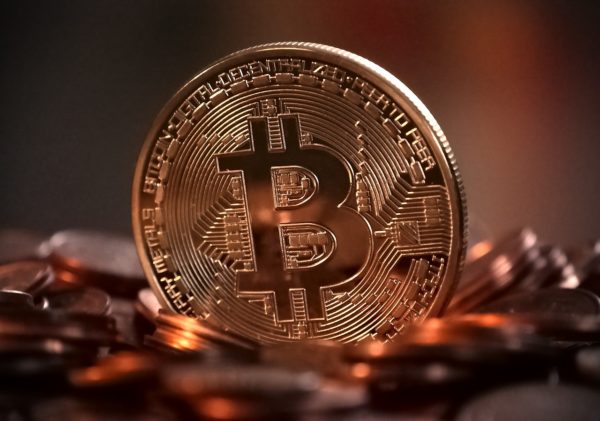
Before its rapid increase in value in recent months, Bitcoin was a concept few people knew about, except in the tech community. As Bitcoin kept breaking price records, self-proclaimed “experts” started appearing in the media, which was suddenly eager to cover this trending topic. The issue was that many of these so-called ‘experts’ were newcomers to the field and lacked the experience or credentials to back up their claims. While some loud bitcoin commentators might not be reliable, there are genuine Bitcoin experts, though they are rare. Bobby Lee, a leading expert in the field, recently spoke at Stanford’s seminar series on Entrepreneurship in Asian High Tech Industries, organized by Professor Richard Dasher.
Bobby Lee was the CEO and co-founder of China’s first cryptocurrency exchange, BTCC, and he currently serves on the board of the Bitcoin foundation. Lee gave a wide ranging talk that discussed the reasons behind the founding of BTCC and went so far as to delve into the history of Bitcoin. His talk first addressed China, where he started his company and Bitcoin journey, but quickly expanded into Bitcoin’s global appeal.
Founded in 2013, (long before the hype of Bitcoin started) BTCC was created to address a specific Chinese problem: it was very difficult for Chinese investors to use the leading Japan-based Bitcoin exchange, named Mt Gox. Unlike the US and other countries where there are merchants and vendors willing to accept Bitcoin as a form of payment, that reality never existed in China. In Lee’s opinion, Chinese interest in Bitcoin is not about escaping capital controls, as is assumed by most China watchers, but rather, it is simply an investment vehicle.
However when it comes to regulating Bitcoin, the Chinese government is aligned with most regulators around the world. The challenges of Bitcoin, namely that it can be a great way to shield financial activity from oversight, are a global issue. Therefore, China’s approach to Bitcoin is, as Lee sees it, similar to that of other countries: the government, by all apparent comments, ignores the existence of the currency while at the same time passing regulation to make it difficult to fund Bitcoin accounts and placing limits on Bitcoin transfers.
Despite government antipathy, Lee believes Bitcoin is designed to survive and be resilient. Bitcoin’s value is not derived from the endorsement and regulation of a government. In his opinion, the value of Bitcoin will continue to rise as a result of the failures of the prevailing fiat money system. He declared “cash to be the ultimate controlled substance” as transfers of cash are onerous and restrictive and this problem is even worse when cross-border commerce is taken into account. Bitcoin easily resolves this as it has a value in every place in the world.
Lee finished his talk with some advice on how to invest in Bitcoin. He encouraged the attendees to be decisive in investing in the market and not wait for a dip in price. He recommended that people buy as much as they can afford and not to sell unless they have seen a 20x gain. Most importantly, he noted, Bitcoin investors should not panic sell in the repeated crashes that inevitably will occur in this unregulated market.
With some extra time remaining for his presentation, Lee introduced a new presentation which shed light on the draw and inherent value of Bitcoin. In the recent past, ownership of assets was demonstrated by the physical possession of an object of value. As an example, a person held physical gold in their possession. The advent of the modern, and later digital economies, transitioned the world into the concept of possession through identity. A piece of property belongs to an individual because a title says so, and a person has access to their bank account through the presentation of identification matching the name on an account.
The flaw with this system is that a third party can exercise control over an individual’s ownership. A bank can deny access to funds if they don’t feel the identification is adequate.
Bitcoin decentralizes ownership of assets, and a person owns their Bitcoin because the digital record says so. There’s no need to hold a physical good nor does a third party have any control over the asset. Lee referred to this as ownership by information. He finished the seminar by declaring Bitcoin as the future, and expressed confidence that the value will continue to skyrocket: Freedom wins in his world.
This post was originally published at https://asia.stanford.edu/bobby-lee-whats-next-for-blockchain-in-china-blog/